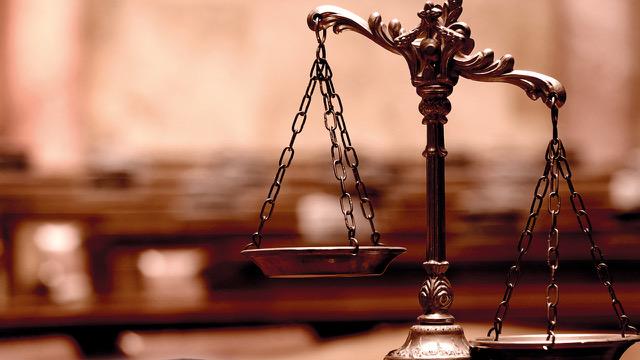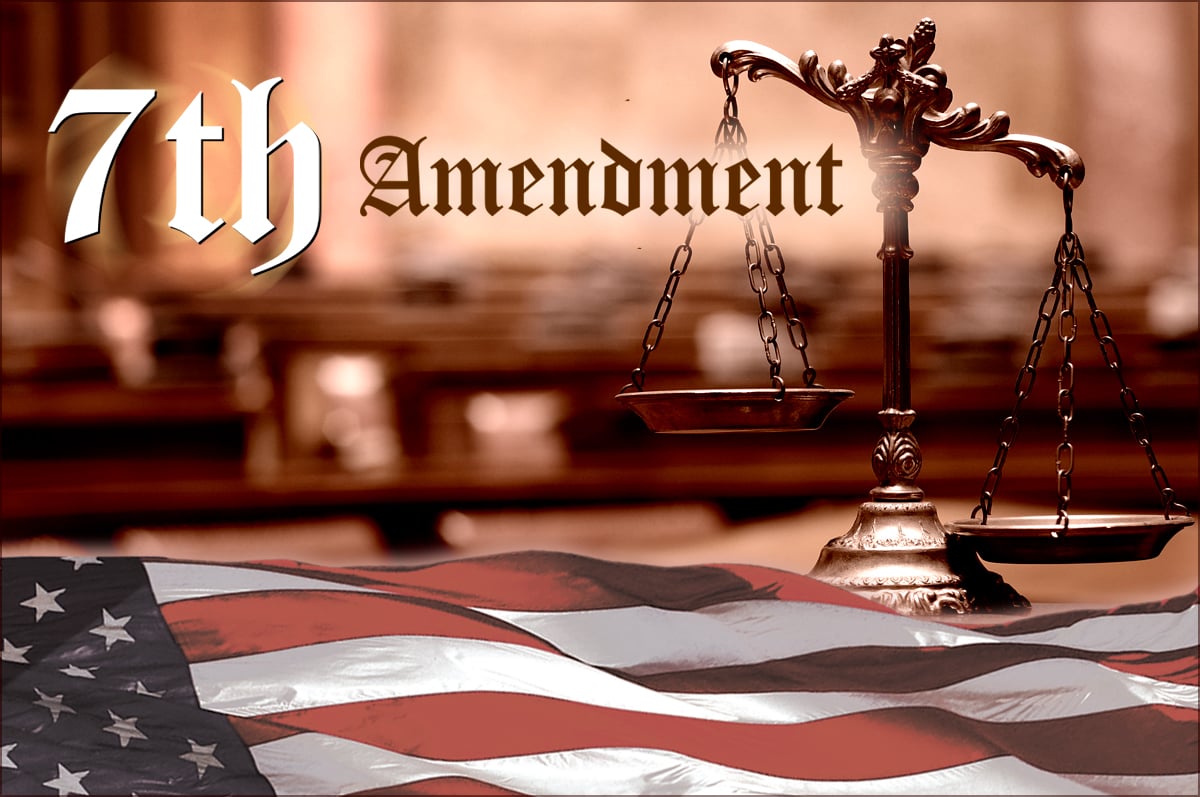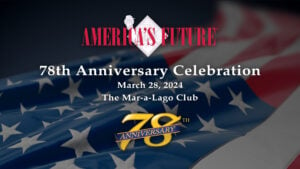

When our Founding Fathers ratified the Constitution, they imagined a new nation based on the fundamental principles of fair and equal justice, freedom and liberty, and an unobtrusive government beholden to “we the people.” The Seventh Amendment is one of the most straightforward, yet markedly consequential riders in all of the Constitution as stated here:
In Suits at common law, where the value in controversy shall exceed twenty dollars, the right of trial by jury shall be preserved, and no fact tried by a jury, shall be otherwise re-examined in any Court of the United States, than according to the rules of the common law.
There are two parts to the Seventh Amendment. First is the Preservation Clause, a provision that grants access to jury trials in federal civil (i.e., non-criminal) cases like discrimination cases, class actions, consumer safety actions, catastrophic personal injury lawsuits, and corporate corruption cases, to name a few. It’s not entirely clear why the framers settled on twenty dollars as the decisive sum. It is indeed “mysterious,” says one scholarly article, but “no one believes that the Clause bears on the right protected by the Seventh Amendment.”
Second is the Re-examination Clause, which establishes that if jurors are impaneled, they are the ultimate fact-finders and best-suited to render reasonable, fair and just resolutions to controversies and disputes. This second clause forbids any court from re-examining or overturning factual determinations made by a jury. Of course, if it’s later found, on appeal, that legal errors were made during the trial or evidence was insufficient, another jury may re-examine the case. The point is that the decision stays in the hands of the people.
Thus, the Seventh Amendment preserves the common law distinction between the province of the court and that of the jury. Issues of law are resolved by the court and the jury, under the court’s instructions, decides the facts.
By declaring a right to a trial by jury in most noncriminal federal lawsuits, our Founding Fathers signaled their view that threats of corporate and judicial corruption are best combatted by “we the people” performing the vital function of jury duty, one of the most important civic duties a person can be called to do. Not only does the Seventh Amendment protect against corruption in the courtroom, but it also prevents a trial judge from wearing too many hats, having too much control and playing too many roles.
It is through this Amendment that wrongdoers are held accountable by and to their peers for harmful conduct unacceptable by civil and decent societies.






